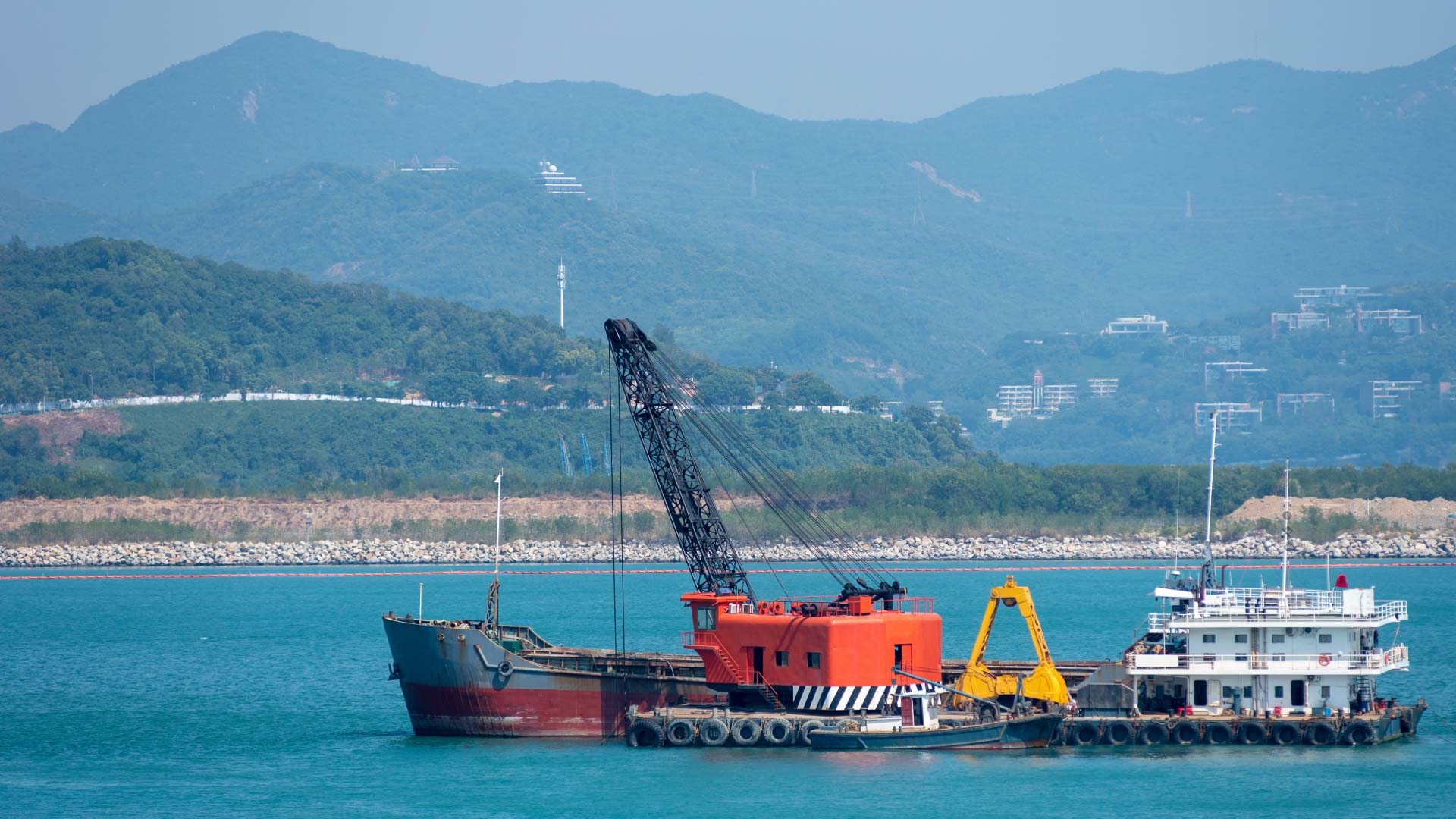Understanding Hydraulic Systems in Dredge Equipment
Hydraulic systems are the backbone of dredge equipment, enabling efficient sediment excavation and transportation in challenging environments. To ensure optimal performance and avoid costly downtime, regular maintenance of these systems is crucial. This article explores the key aspects of hydraulic system maintenance and how it contributes to the longevity and efficiency of dredge equipment.
Hydraulic systems play a vital role in powering dredge equipment, converting hydraulic fluid pressure into mechanical work. These systems consist of several critical components, including pumps, cylinders, motors, hoses, and valves. Understanding how these components work together is essential for effective maintenance.
The Role of Hydraulic Fluid in Dredge Equipment
Hydraulic fluid is the medium through which energy is transferred within the system. It is responsible for powering various dredge functions, making its maintenance a priority. Contaminated or low-quality hydraulic fluid can lead to system inefficiencies and damage, highlighting the need for regular fluid checks and replacements.
Key Components of Hydraulic System Maintenance
Maintaining the hydraulic system involves several key tasks, each crucial for the system’s overall health and performance. Here, we detail the most important maintenance practices for hydraulic systems in dredge equipment.
Regular Hydraulic Fluid Maintenance
One of the most critical aspects of hydraulic system maintenance is ensuring that the hydraulic fluid is clean and at the correct levels. Contaminated fluid can cause significant damage to the system, leading to reduced efficiency and costly repairs. Regular fluid checks and replacements are essential to keep the system running smoothly.
Importance of Filter Replacement
Hydraulic filters are designed to remove contaminants from the fluid, preventing them from causing damage to sensitive components. Over time, these filters can become clogged, reducing their effectiveness. Regular replacement of hydraulic filters is necessary to maintain fluid cleanliness and protect the system from wear and tear.
Inspecting Hoses and Connections for Leaks
Hydraulic hoses and connections are under constant pressure and are prone to wear, cracking, and leaks. Regular inspections are crucial to identify any signs of damage or wear early on. Prompt replacement of damaged hoses prevents fluid loss and system inefficiencies.
System Pressure Checks: Maintaining Optimal Performance
Maintaining the correct hydraulic pressure is vital for the efficient operation of dredge equipment. Incorrect pressure levels can lead to performance issues and increased wear on system components. Regular pressure checks ensure the system operates within its optimal range, preventing unnecessary strain and prolonging the equipment’s lifespan.
The Role of Lubrication in Hydraulic Systems
Lubrication is essential for reducing friction and wear in moving parts within the hydraulic system. Regular lubrication helps maintain system efficiency, ensuring that components operate smoothly and with minimal energy loss. Proper lubrication practices are a key part of maintaining hydraulic system health.
Benefits of Proper Hydraulic System Maintenance
Investing time and resources in regular hydraulic system maintenance offers numerous benefits, including preventing performance issues, avoiding costly repairs, extending equipment lifespan, and minimizing downtime.
Preventing Performance Issues with Regular Maintenance
A well-maintained hydraulic system ensures that dredge equipment operates at peak efficiency. Regular maintenance helps identify potential issues early, preventing performance degradation and ensuring smooth operation.
Avoiding Costly Repairs and Downtime
Neglecting hydraulic system maintenance can lead to significant repair costs and extended downtime. Small issues, such as a leaking hose or clogged filter, can escalate into major problems if left unchecked. Regular maintenance helps avoid these costly repairs and keeps equipment operational.
Extending the Lifespan of Dredge Equipment
Regular maintenance not only enhances performance but also extends the overall lifespan of dredge equipment. By ensuring that all hydraulic components are functioning correctly, the equipment is less likely to suffer from premature wear and tear, leading to a longer operational life.
Minimizing Downtime in Dredging Operations
Downtime can be a significant cost factor in dredging operations. Regular maintenance reduces the likelihood of unexpected breakdowns, ensuring that the equipment remains operational and productive. This minimizes downtime and maximizes operational efficiency.
Conclusion: The Key to Sustained Performance
Hydraulic systems are at the heart of dredge equipment, and their proper maintenance is essential for ensuring efficiency, longevity, and reliability. By regularly checking and maintaining hydraulic fluids, replacing filters, inspecting hoses and connections, and ensuring proper lubrication, operators can prevent performance issues, avoid costly repairs, extend equipment lifespan, and minimize downtime.
In the demanding environment of dredging, where equipment is often pushed to its limits, regular hydraulic system maintenance is the key to sustained performance and operational success. Ensuring that hydraulic systems are well-maintained is a necessary practice that underpins the success of dredging operations.
